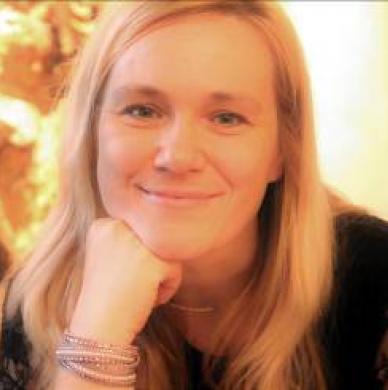PHOTONS-@3 Photonic Technologies for Sensing Applications
III EDITION | ON SITE | APPLICATION
Deadline for Registration - EXTENDED
March 27th, 2023
Period - POSTPONED TO
May 8th -12th, 2023
Learning objectives
Photonic technologies have played a key role in the last decades to address the high demand for data traffic by telecommunication networks and data centres. The industrial development of Wavelength Division Multiplexing (WDM) optical communications systems and networks in the nineties and the more recent interest in photonic integration for data centres to overcome their well-known electronic bottleneck, have driven the technology to a high level of maturity, opening the way to many other industrial fields and applications. In particular, photonic technologies are becoming extremely attractive for sensing applications in a wide range of industrial fields, including energy, oil & gas, transportation, automotive, aerospace, bio-chemical and medical applications, as well as for structural health and environmental monitoring. Optical fiber sensors and photonic sensors, in general, offer many advantages compared to conventional electronic-based sensors; immunity to electromagnetic interference, small size and weight, high multiplexing capabilities, robustness to harsh environments, as well as the fact of being completely passive at the sensing points.
Teaching methodologies
The proposed courses, which range from basic optical components to optical fiber sensor systems, imaging sensors and photonic integration for sensing, will provide the students with the basic skills to understand the industrial requirement for photonic sensing, including specific niche applications, as for example, aerospace and high energy physics, as well as applications addressing large volume market sectors, like the automotive and transportation sectors, then requiring specific technologies, such as the CMOS compatible silicon photonics platform. Students will find an interactive and cross-disciplinary learning environment with the participation of several experts from industry who will present their experience.
Who should attend this Seasonal School?
Undergraduate, postgraduate and PhD students from different backgrounds, including information and industrial engineering, as well as physics and material science. A basic knowledge of maths, algebra, geometry, computer programming, electromagnetism and optics is required.






